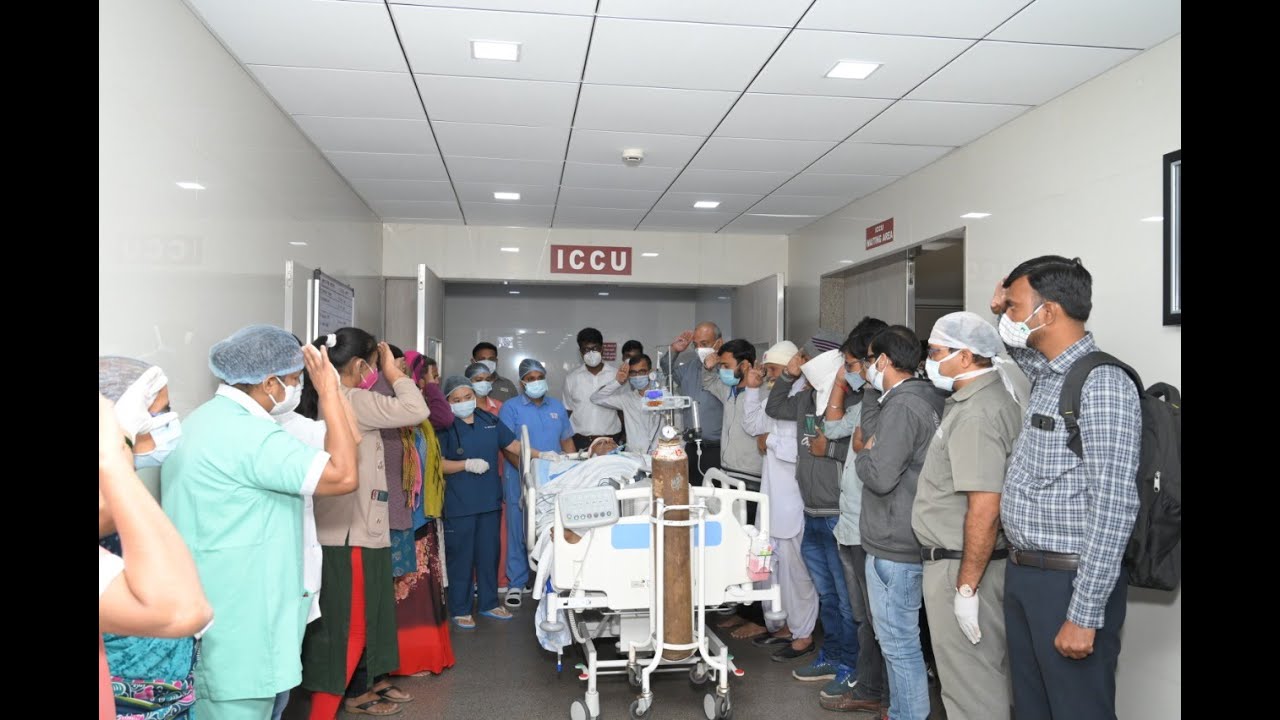Address
93/D LIC Colony, Tagore Town.
Prayagraj 211002
Work Hours
Monday to Friday: 11AM - 5PM

Gujarat, the westernmost state of India, is known for its vibrant culture, rich heritage, and entrepreneurial spirit. But in recent years, it has also emerged as a leader in another field: organ donation and transplant.
According to the latest data from the National Organ and Tissue Transplant Organisation (NOTTO), Gujarat has the highest number of organ donations per million population (PMP) in the country, with 6.7 PMP in 2022, followed by Tamil Nadu with 5.9 PMP and Maharashtra with 4.1 PMP.
Gujarat also ranks among the top states in terms of organ transplants, with 1,024 transplants performed in 2022, second only to Tamil Nadu with 1,177 transplants.
The answer lies in the vision, leadership, and commitment of the Gujarat government, which has made organ donation and transplant a priority in its health policy and governance.
The government has taken several initiatives and measures to promote, facilitate, and regulate organ donation and transplant in the state, with the active involvement and support of various stakeholders, such as hospitals, doctors, NGOs, media, and the public.
Some of the key initiatives and measures taken by the Gujarat government are:
SOTTO is a web-based application that acts as a nodal agency for coordinating and monitoring all activities related to organ donation and transplant in the state.
SOTTO maintains a centralized registry of donors and recipients, allocates organs as per the national guidelines, ensures transparency and accountability, and provides technical and financial assistance to the hospitals and transplant centres. SOTTO also conducts regular training and sensitization programs for the medical and paramedical staff, police, judiciary, and other authorities involved in the organ donation and transplant process.
The Gujarat government has launched several campaigns and programs to create awareness and motivation among the public about the importance and benefits of organ donation and transplant. These include the ‘Gift of Life’ campaign, the ‘Donate Life’ program, the ‘Organ Donation Day’ celebration, the ‘Organ Donation Pledge Card’ distribution, and the ‘Organ Donation Helpline’ service.
The government has also honoured and felicitated the families of organ donors and the recipients of organ transplants, to acknowledge their contribution and inspire others to follow their example.
The Gujarat government has invested in improving the infrastructure and capacity of the hospitals and transplant centres in the state, to ensure quality and safety of organ donation and transplant. The government has provided financial and technical support to the hospitals and transplant centres to upgrade their equipment, facilities, and staff.
The government has also increased the number of approved transplant centres in the state, from 18 in 2015 to 36 in 2022, covering various organs such as heart, kidney, liver, lung, pancreas, and cornea. The government has also facilitated the inter-state and intra-state transport of organs, by providing green corridors, ambulances, and helicopters, to reduce the time and distance between the donor and the recipient.
The Gujarat government has also shown innovation and experimentation in organ donation and transplant, by undertaking some of the rare and challenging cases in the country. These include the first successful heart transplant in Gujarat in 2016, the first successful lung transplant in Gujarat in 2018, the first successful paediatric heart transplant in Gujarat in 2019, and the first successful organ donation and transplant from a four-day-old brain-dead infant in India in 2023.
The government has also encouraged and supported research and development in the field of organ donation and transplant, by collaborating with various institutes and organisations, such as the Indian Institute of Technology (IIT) Gandhinagar, the Indian Council of Medical Research (ICMR), and the World Health Organization (WHO).
Gujarat’s success story in organ donation and transplant is a testament to the power of good political leadership, which can transform the lives of millions of people, by giving them a second chance to live.
Gujarat has set an example for the rest of the country, and the world, to follow, by showing that organ donation and transplant is not only a medical and technical issue, but also a social and ethical one, that requires a holistic and humanistic approach. Gujarat has proved that organ donation and transplant is not a matter of charity, but a matter of duty, that every citizen should perform, to honour the gift of life.
You must be logged in to post a comment.
[…] there is an urgent need to increase the awareness and acceptance of organ donation in India, and to address the challenges and barriers that prevent people from becoming organ donors. Some of […]